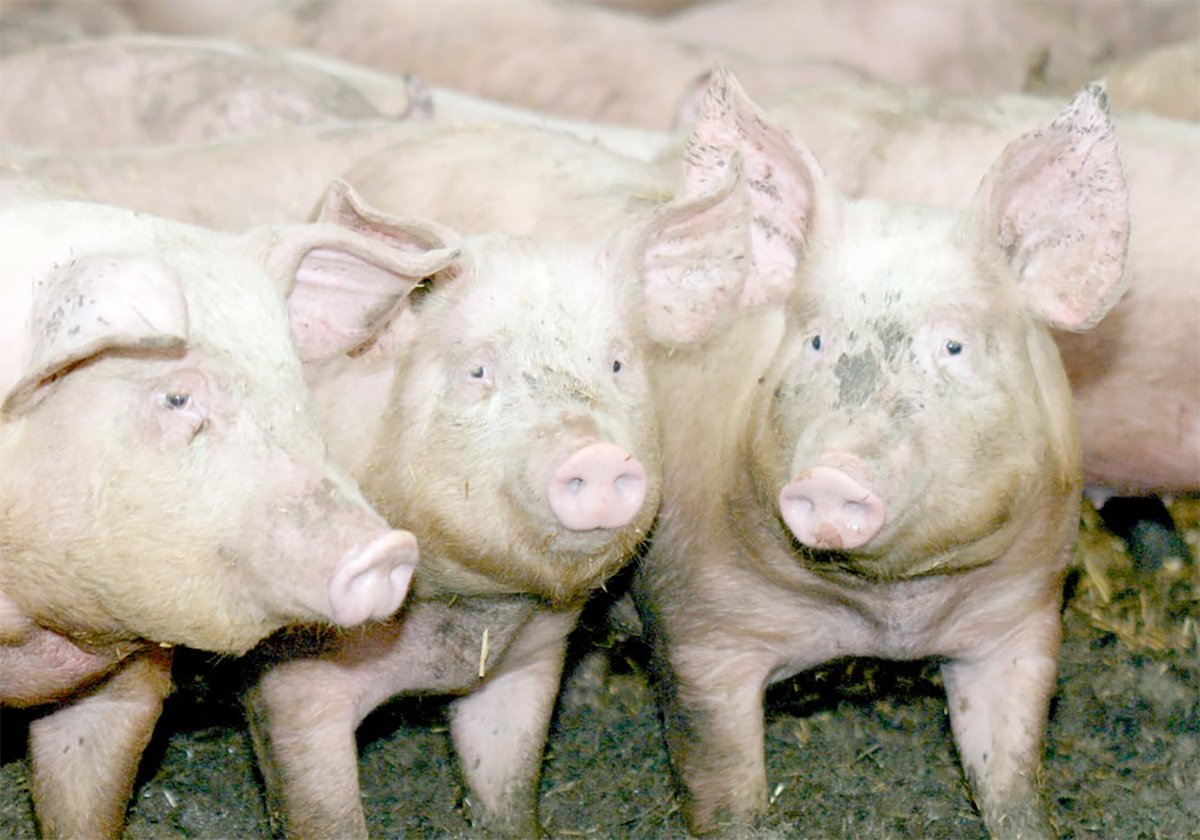A more comprehensive list of prohibited livestock feed ingredients should be released this summer, says a Canadian Food Inspection Agency official.
The enhanced feed ban regulation requires the removal of potentially BSE-infected materials derived from slaughtered cattle, sheep and other ruminants from all livestock feed, pet food and possibly fertilizer.
“This is important for Canada, and the government is clear that we believe it is something we need to do and get on with enhancing the feed ban,” said Billy Hewett, executive director of program policy with the CFIA.
Read Also

The Western Producer Livestock Report – November 13, 2025
Western Producer Livestock Report for November 13, 2025. See U.S. & Canadian hog prices, Canadian bison & lamb market data and sales insights.
“We are looking to accelerate the eradication of BSE. We are looking to take a high proportion of potentially infective tissue out of the feed chain right out at the top,” he said.
No date has been announced, although the regulation has been in development for two years following extensive consultation with processors, meat industry officials and provincial governments.
The feed ban is a national rule, but disposing of brain, spinal cords, nerve tissue and small intestines believed to harbour the BSE infection could be a provincial or municipal responsibility.
The issue has been complicated by definitions, disposal questions and a request from some groups to harmonize the rule with the United States, where the Food and Drug Administration has not yet released new regulations.
Harmonization is difficult to achieve and while the 1997 feed bans were similar they were never identical, Hewett said.
Jim Laws, executive director of the Canadian Meat Council, which represents packers and processors, said the organization supports the broader ban and it is time to move on with the new regulation.
Council representatives met with federal agriculture minister Chuck Strahl in the first week of June and told him Canada should be in harmony with the U.S.
“We prefer it would be the same rule as the Americans are following, but at this stage let’s get on and do something,” Laws said.
Separate rendering equipment and disposal will increase costs, but Ottawa announced $80 million would be available to assist industry to handle specified risk materials.
“The money is apparently still there and the details of how it will be available will also be announced when the nature of the feed ban enhancement is announced,” Laws said.
Without a rule, key markets such as South Korea and mainland China stay closed, said Ted Haney, president of the Canada Beef Export Federation.
Implementing the rule has not deterred all international markets from opening and during 2005, $1.9 billion worth of Canadian beef was shipped to 76 countries.
However, some countries are concerned about three cases in animals born after the 1997 feed ban.
“(The) Canadian government has been quite forthright in talking about international regulators’ opinions around this with three cases, one after the feed and with two of them well after the feed ban,” he said.
The enhanced feed ban would allow Canada to apply for controlled risk status under the World Animal Health Organization and trade with countries such as South Korea and mainland China could resume.
If the ban is not strengthened, the worst case scenario would see Canada labelled as a country with unknown risk for BSE.
“That is the highest risk categorization and would likely interfere with our ability to trade with markets we are trading with today,” Haney said.
“In order to protect that controlled risk status we need to have a legitimate, effective feed ban. There has always been a lot of debate around the word ‘effective.’ “















